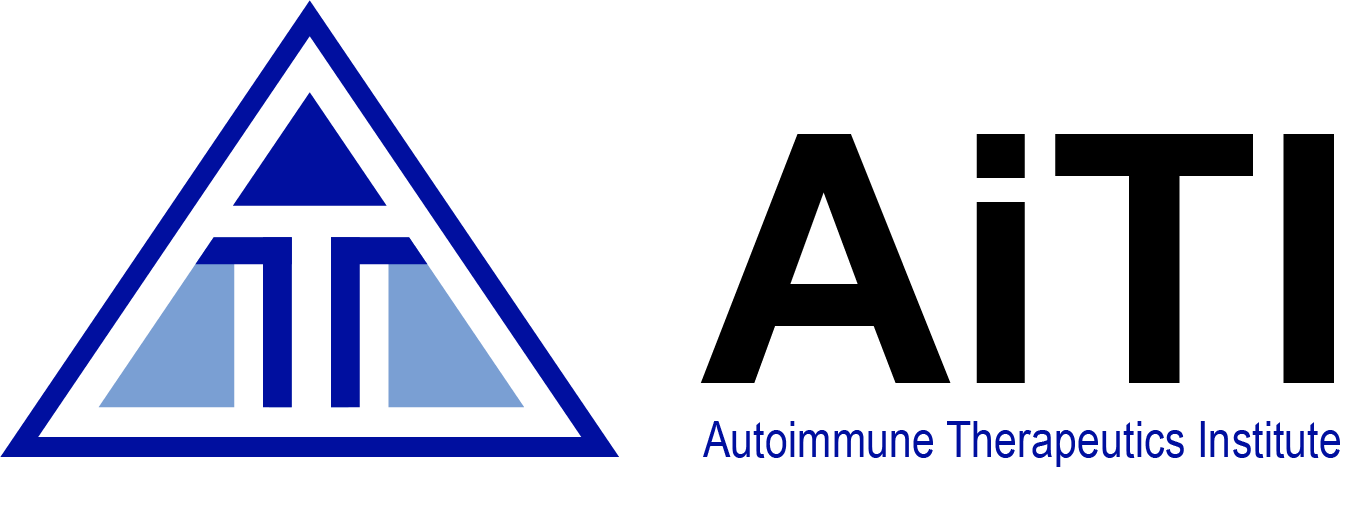Dr. Sarah Whitley
Biography
Dr. Whitley is a physician-scientist who uses basic and translational approaches to understand mechanisms of skin disease. She received her undergraduate degree from the University of Michigan, and medical doctorate and PhD as part of the Medical Scientist Training Program at UAB. As a graduate student in Casey Weaver’s lab, she investigated the mechanisms that control the development and function of the T helper (Th)17 effector CD4+ T cell lineage. Her postdoctoral research in Dan Kaplan’s lab at the University of Pittsburgh characterized the cytokine IL-23 as a cutaneous tissue-resident memory cell survival factor and revealed mechanistic insights into the durable efficacy of anti-IL-23 biologics in the treatment of psoriasis. Dr. Whitley completed dermatology residency training at the University of Pittsburgh and served on the faculty there as an Instructor and later Assistant Professor before joining the Department of Dermatology and Autoimmune Therapeutics Institute at UMass Chan Medical School's T.H. Chan School of Medicine as an Assistant Professor in October of 2022.
Clinically, Dr. Whitley focuses on the care of patients with the devastating chronic inflammatory skin condition hidradenitis suppurativa (HS), and co-directs the Hidradenitis Suppurativa Center at UMass Chan’s Hahnemann Hospital. Her career goal is to apply insights gained through hypothesis-driven studies and mechanistic clinical trials, together with murine models and biomarker approaches, to develop personalized treatment strategies for patients with HS and other immune-mediated inflammatory skin diseases.
Research & Publications
The skin is a physical barrier and first line of defense against invading bacterial, viral, and fungal pathogens. It is also home to commensal microbiota that provide essential functions to the host yet can trigger aberrant IL-17-mediated immune responses. The research in my laboratory concerns mechanisms by which dysregulated type 3 (IL-17/IL-22-mediated) immunity, common to the skin disorders hidradenitis suppurativa (HS) and atopic dermatitis, arises and is maintained within skin.
Specific projects include:
- neuroimmune and host-microbe interactions regulating pain and cutaneous host defense
- regulation of skin barrier function by IL-22
- damage-associated molecular pattern sensing in neutrophil recruitment and tissue injury
- investigation of HS immunopathogenesis using multiomics and human skin explant culture systems
Selected publications:
Whitley SK, Elucidation of Pain Mechanisms in Hidradenitis Suppurrativa. JAMA Dermatol (2023), Oct 1;159(10):1047-1049. PMID 37703033
Johnston L, Nagalla R, Li M, Whitley SK. IL-17 control of cutaneous immune homeostasis. J Invest Dermatol (in press).
Whitley SK, Li M, Kashem SW, Hirai T, Knizner K, Ho J, Ferris LK, Weaver CT, McGeachy MJ, Kaplan DH. Local IL-23 is required for proliferation and retention of skin-resident memory Th17 cells. Sci Immunol (2022), Nov (7):77:eabq3254. PMID: 36367947
Hirai T, Whitley SK, and Kaplan DH. Migration and Function of Memory CD8+ T Cells in Skin. J Invest Dermatol. (2020), Apr;140(4):748-755. PMID: 31812277
Whitley SK, Balasubramani A, Sen R, Shibata Y, Crawford GE, Weathington NM, Hatton RD, and Weaver CT. IL-1R Signaling Promotes STAT3 and NF-κB Factor Recruitment to Distal Cis-Regulatory Elements that Regulate Il17a/f Transcription. J Biol Chem (2018) 293(41):15790-15800. PMID: 30093408
Whitley SK*, Basu R*, Bhaumik S, O’Quinn DB, Schoeb TR, Hatton RD, and Weaver CT. IL-1 Signaling Differentially Modulates Activation of STAT Family Transcription Factors to Control Th17-iTreg Developmental Balance. *denotes co-first authorship. Nat Immunology (2015) Mar; 16(3):286-95. PMID: 25642823
Mukasa R, Balasubramani A, Lee YK, Whitley SK, Weaver BT, Shibata Y, Crawford GE, Hatton RD, Weaver CT. Epigenetic Instability of Cytokine and Transcription Factor Gene Loci Underlies Plasticity of the T Helper 17 Cell Lineage. Immunity (2010) May 12; 32(5):616-27. PMID: 20471290
Kinter AL, Hennessey M, Bell A, Kern S, Lin Y, Daucher M, Planta M, McGlaughlin M, Jackson R, Ziegler SF, Fauci AS. CD25(+)CD4(+) regulatory T cells from the peripheral blood of asymptomatic HIV-infected individuals regulate CD4(+) and CD8(+) HIV-specific T cell immune responses in vitro and are associated with favorable clinical markers of disease status. J Exp Med, (2004) Aug 2; 200(3):331-43. PMID: 15280419
Education & Training
Post-doctoral research fellowship University of Pittsburgh, 2017-2021
Residency University of Pittsburgh (Dermatology), 2014-2017
Internship University of Alabama Medical Center (Medicine), 2013-2014
MD/PhD University of Alabama at Birmingham, 2013
Pre-IRTA fellow LIR/NIAID/NIH, 2001-2002
BS University of Michigan, Ann Arbor (Microbiology), 2001
Credentials
American Board of Dermatology
Massachusetts State Medical License
Fellow, American Academy of Dermatology
Selected Awards
Mentored Clinical Scientist Development (K08) Award, NIAMS/NIH, 2023
Society of Investigative Dermatology Eugene M. Farber Award for Young Investigators, 2021
Physician Scientist Career Development Award, Dermatology Foundation, 2019
Dermatologist Investigator Research Fellowship, Dermatology Foundation, 2018
Women’s Dermatologic Society Mentorship Award, 2016
Gail Cassell Endowment, UAB Department of Microbiology, 2008
Post baccalaureate Intramural Research Training Award, NIAID/NIH, 2001

